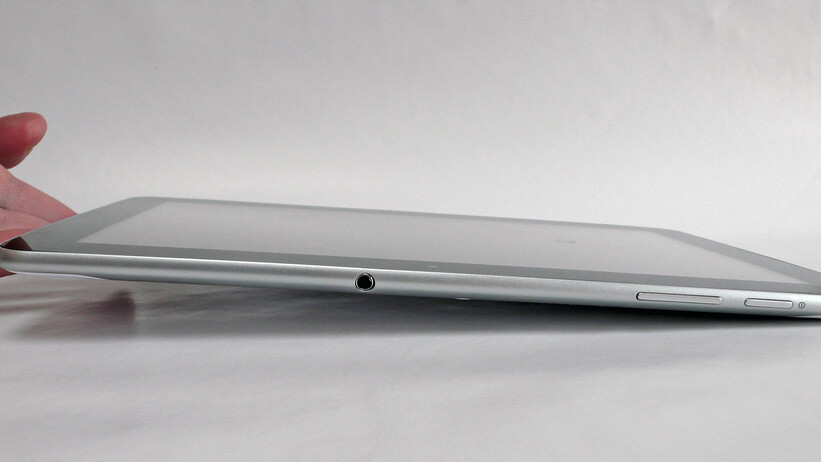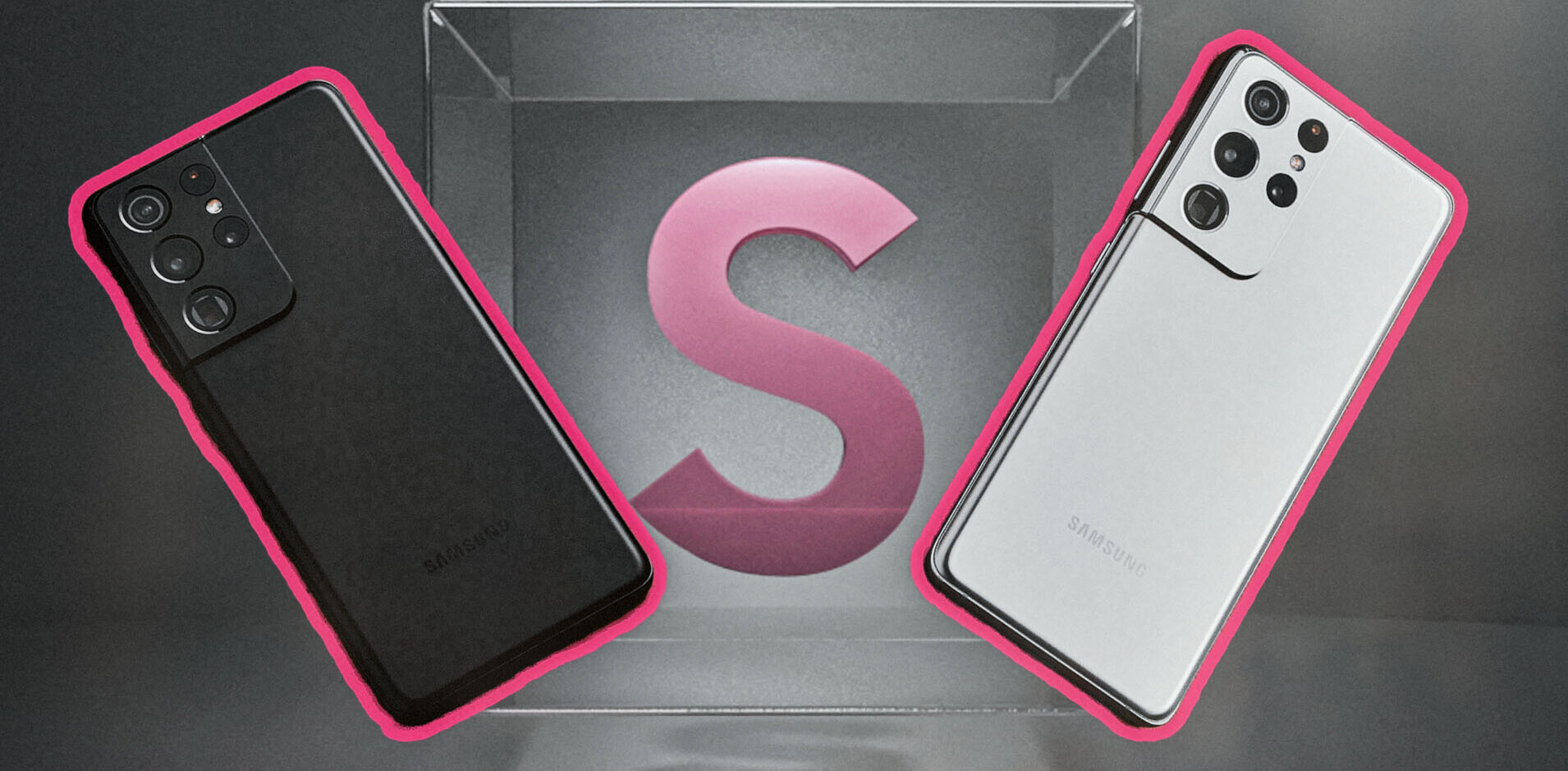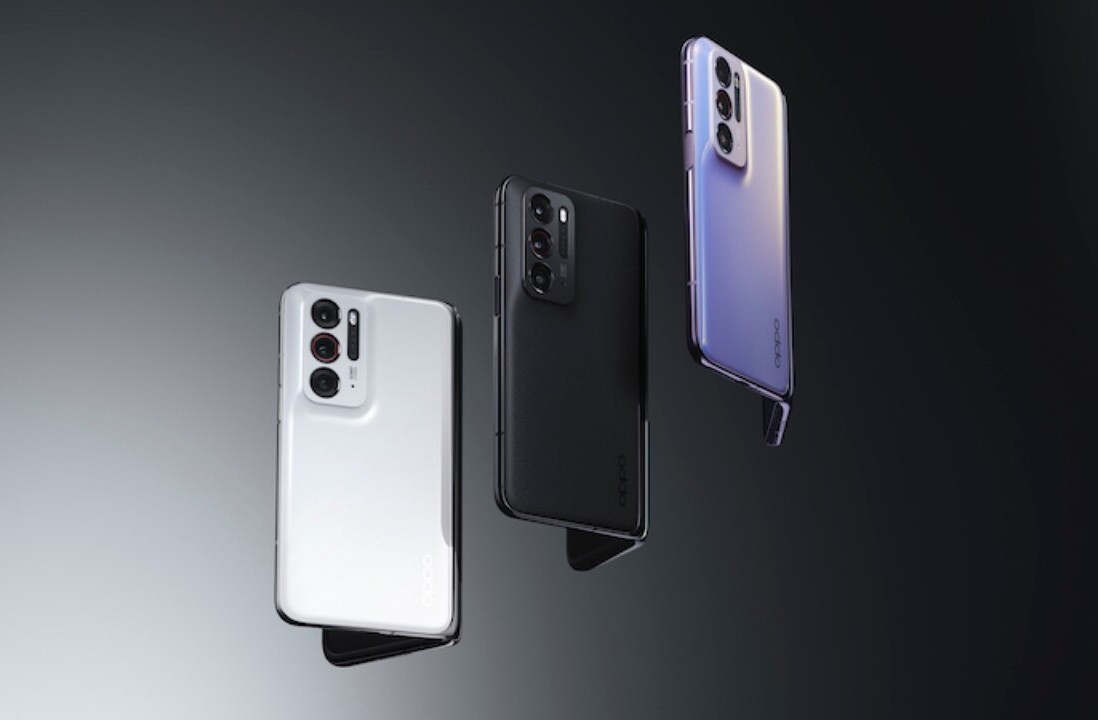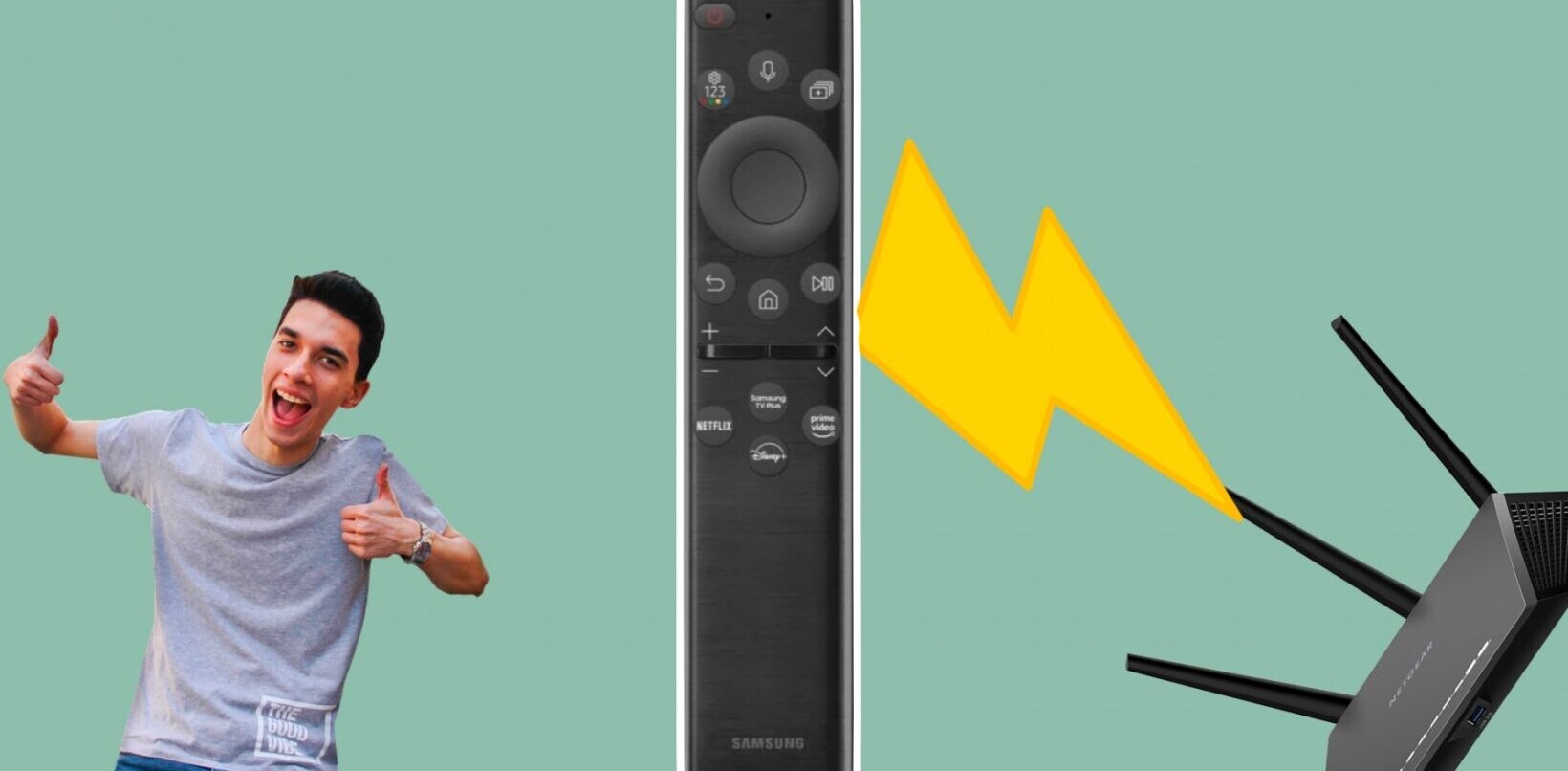
Samsung has failed to overturn a ban on an the original Galaxy Tab 10.1 tablet in Germany, meaning that the company is still only able to sell an updated version of the device it designed to circumvent Apple’s patents.
Reuters reports that a higher regional court in Duesseldorf, Germany, told Samsung that it cannot sell the older Galaxy Tab 10.1 model in Europe’s biggest economy.
This provides a small victory for Apple against its South Korean rival as it pursues patent complaints against the company in courtrooms across the world.
In September, Apple was successful in an attempt to introduce a sales ban for the Galaxy Tab 10.1. Following the ruling, Samsung appealed and re-modified its product, introducing the Galaxy Tab 10.1N, in order avoid the infringements and gain clearance for sale in Germany.
The modified version, the Galaxy Tab 10.1N, has a new bezel design that wraps around to the front of the device more aggressively.
FOSSpatents’ Florian Muller believes it is a minor victory for Apple, given that it is based on Apple’s Community design:
Today’s ruling validates Apple’s decision to bring claims against the Galaxy Tab 10.1. Apple’s actions may have been aggressive, but they weren’t unreasonably overreaching. At the very least, there can be a genuine dispute over this issue. But the strength of Apple’s Community design is increasingly questionable. Just last week, a Dutch appeals court narrowed the scope of that design-related right and did not find Samsung in infringement. I didn’t see a reference to unfair competition law in the Dutch ruling. Apple brought such claims only in Germany, a jurisdiction in which unfair competition law is almost a “catch-all” kind of law that is applicable to a wide variety of commercial issues.
Muller says that Apple isn’t able to replicate the ruling outside of Germany as its laws are unique and that it does not mean that Apple will be able to secure a ban on the 10.1N model. “What matters most is the full-blown main proceeding in which Apple’s design-related claims against a total of 15 Samsung products are at issue. It’s too early to tell what the outcome of that case will be,” Muller adds.
Samsung recently scored a high profile victory in Australia where a ban on the Galaxy tablet was overturned last month, allowing the manufacturer to begin introducing the product in time for the Christmas shopping season.
Samsung u-turned on its intention to try to block sales of the iPhone 4S in its native South Korea, during November, after statements from the firm suggested that it did not want its legal battles with Apple to reflect badly on home turf.
The ongoing global legal spat between the duo took a significant turn with the news that the European Commission, the legislative body of the European Union, is investigating Samsung for a possible abuse of FRAND licensing. The outcome has the potential to force the Korean firm to drop its litigation cases in Europe.
Elsewhere in Europe, Samsung previously saw a sales ban fail in Holland, the country where it was forced to modify three of its Galaxy smartphones for sale after the models were adjudged to have infringed on patents held by Apple.
Other spats continue in the US — where Apple designers will soon begin testifying— and in Italy, as the two mobile giants continue to lock horns over the use of mobile technology patents in their respective smartphones.
Get the TNW newsletter
Get the most important tech news in your inbox each week.





